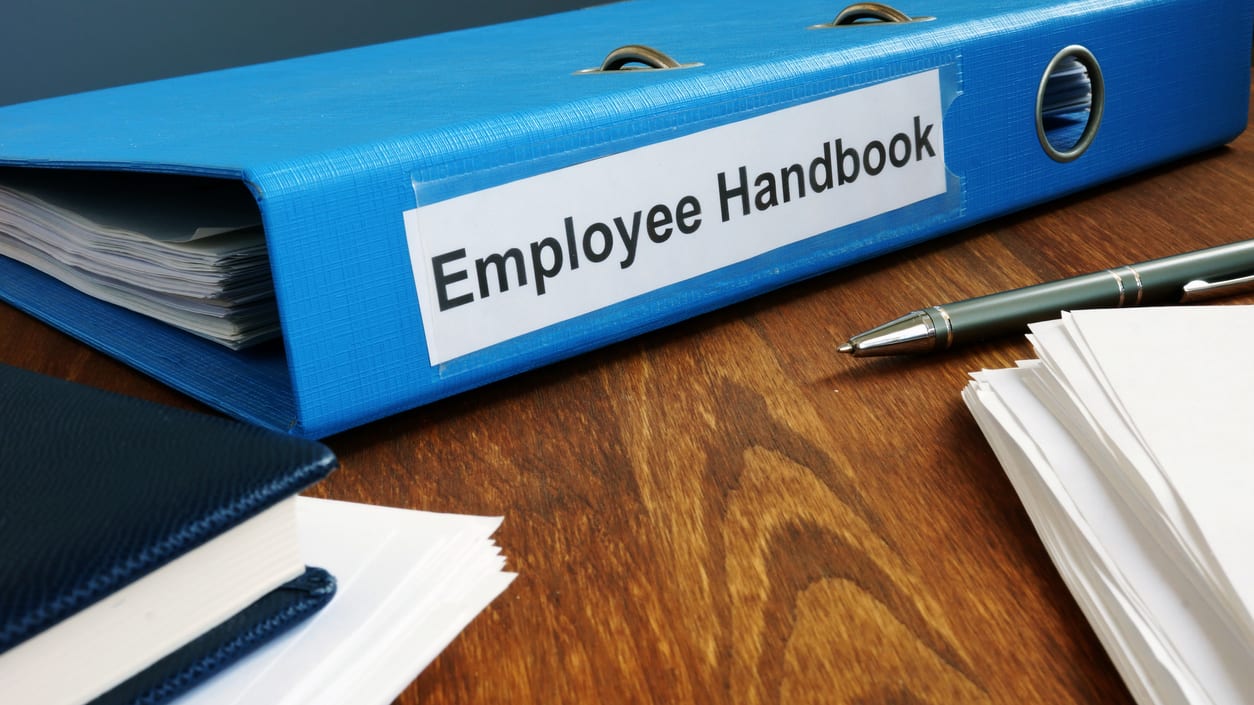On Aug. 2, the National Labor Relations Board (NLRB) overruled a prior 2017 decision, Boeing, that had afforded flexibility for employer policies, and also overturned clarifying opinions, including Apogee Retail, that had followed Boeing. We've gathered articles on the new ruling, Stericycle, from SHRM Online and other media outlets.
Balance Tilted Toward Employee Rights
The board ruled that certain categories of work rules—such as investigative-confidentiality rules, nondisparagement rules and rules prohibiting outside employment—are not always lawful to maintain. The primary problem with the standard from Boeing is that it permits employers to adopt overbroad work rules that chill employees' exercise of their rights under the National Labor Relations Act (NLRA), the NLRB said in its decision.
Boeing "gives too little weight to the burden a work rule could impose on employees' [NLRA] rights," the board stated in its opinion. "At the same time, Boeing's purported balancing test gives too much weight to employer interests. Crucially, Boeing also condones overbroad work rules by not requiring the party drafting the work rules—the employer—to narrowly tailor its rules to only promote its legitimate and substantial business interests while avoiding burdening employee rights. The standard we adopt today remedies these fundamental defects," the NLRB said.
In a dissent, NLRB member Marvin Kaplan wrote, "Under the standard my colleagues announce, a work rule is presumptively unlawful to maintain '[i]f an employee could reasonably interpret [it] to have a coercive meaning' " (emphasis added by Kaplan). The standard in Boeing accommodated "the reality that work rules must be worded generally, and it accord[ed] sufficient weight to both employee rights and employer interests so that it is fair to say that these equally undisputed rights are truly being balanced against each other in a meaningful way," he added. "In contrast, the standard my colleagues announce today does not measure up. It gives effectively dispositive weight to the employee rights side of the balance." He later said that under the board's standard, "a challenged rule will be found presumptively unlawful … without any consideration of the legitimate employer interests it advances."
Kaplan also strongly objected to Stericycle's overruling of Apogee Retail, where the board held in 2019 that rules requiring employees to maintain the confidentiality of workplace investigations for the duration of the investigation are categorically lawful to maintain. "Apogee struck an appropriate balance between employee rights and employer (and employee) interests," he also in dissent. "My colleagues do a disservice to employers and employees by overruling it" (emphasis in Kaplan's dissent).
In addition, Kaplan objected to the board applying its new rule retroactively.
(NLRB board decisions—search for Stericycle)
Unlawful Presumption if General Counsel Meets Threshold Requirement
The NLRB said in a press release that under Boeing's standard, employers were not required to narrowly tailor rules to promote legitimate and substantial business interests without unnecessarily burdening employee rights. "Under the new standard adopted in Stericycle, the general counsel must prove that a challenged rule has a reasonable tendency to chill employees from exercising their rights," the NLRB said. "If the general counsel does so, then the rule is presumptively unlawful."
However, the employer may rebut the presumption by proving that the rule advances a legitimate and substantial business interest and that the employer is unable to advance that interest with a more narrowly tailored rule. If the employer proves its defense, the work rule will be found lawful to maintain.
Boeing Standard
In the board's 2017 Boeing decision, the board adopted a balancing test that would consider the following factors with regard to a policy that is not worded to intentionally interfere with workers' NLRA rights: 1) The nature and extent of the potential impact on NLRA rights. 2) The employer's legitimate justifications associated with the rule. That standard provided "a commonsense approach in terms of how to evaluate whether work rules impact employee rights under the NLRA," said Steve Miller, an attorney with Fisher Phillips in Chicago.
An organization run by AI is not a futuristic concept. Such technology is already a part of many workplaces and will continue to shape the labor market and HR. Here's how employers and employees can successfully manage generative AI and other AI-powered systems.




